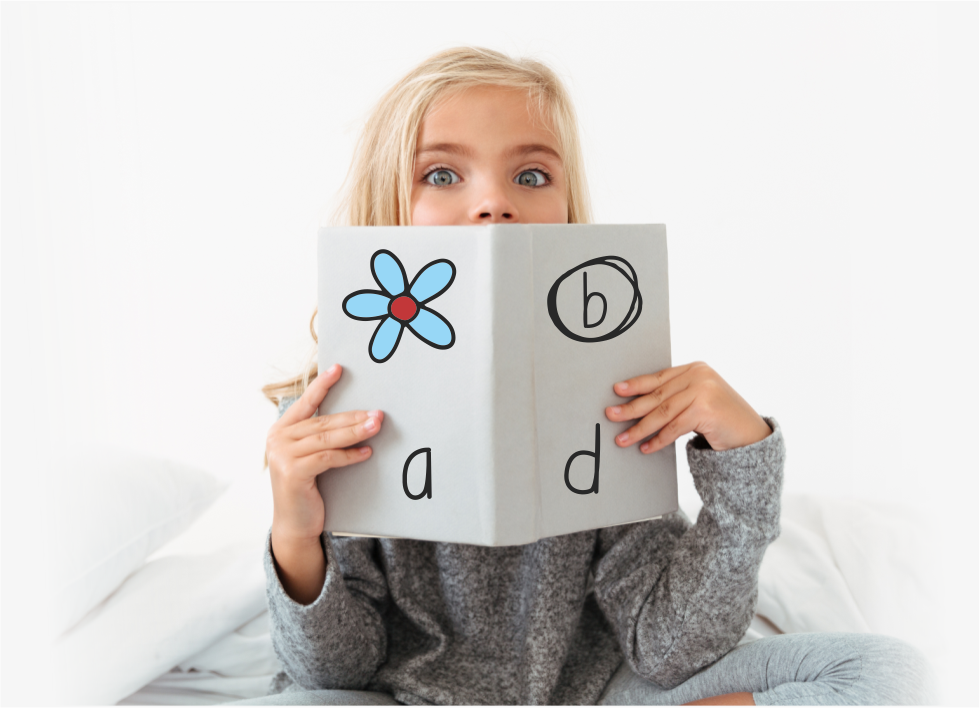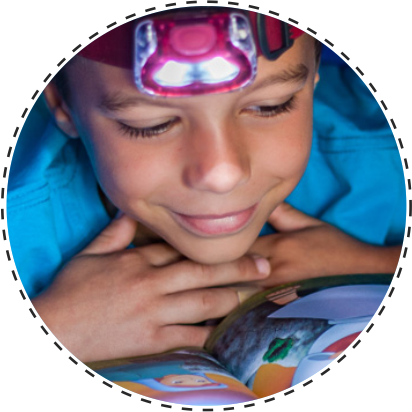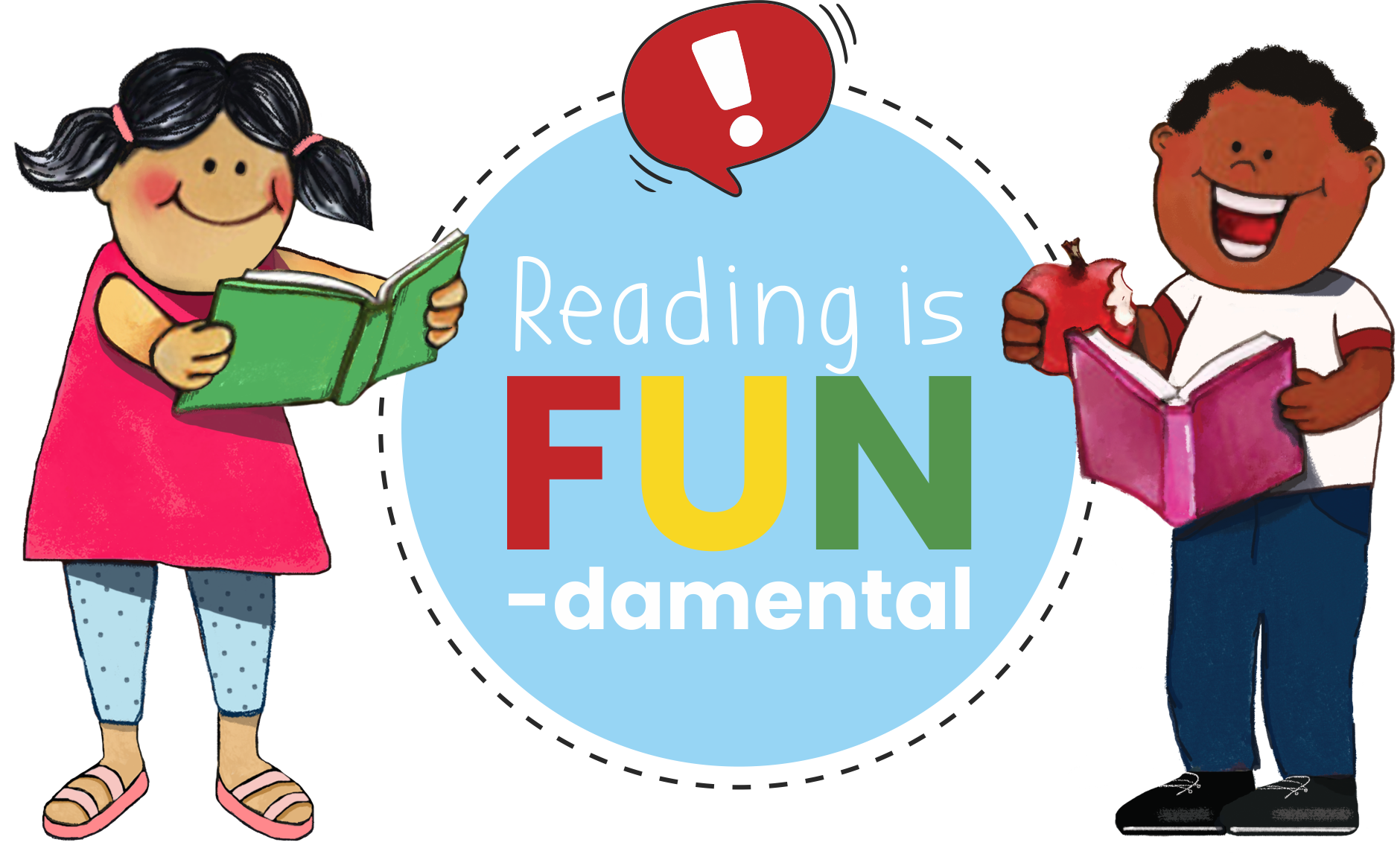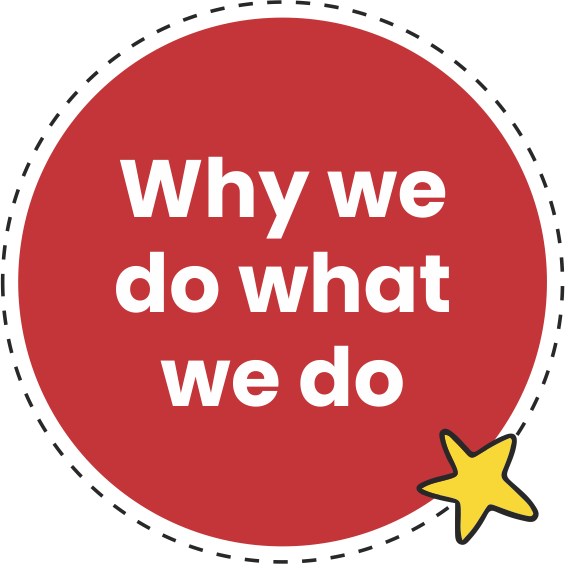












• Letter knowledge
• Phonological Awareness
• Reading Readiness
• Listening Comprehension
• Learning Sounds
• Fast Recognition






• Phonological processes in place
• Sounding out words
• Enjoy reading short stories
• Enhance the reading process









• Letter knowledge
• Phonological Awareness
• Reading Readiness
• Listening Comprehension
• Learning Sounds
• Fast Recognition






• Phonological processes in place
• Sounding out words
• Enjoy reading short stories
• Enhance the reading process






• Overcoming reading difficulties in grade 1-3
• Creating a stress free environment for reading
• Academic advantage through extra reading






• Creating a lifelong reader
• Recommended books
• Creative rewards to encourage extra reading






• Overcoming reading difficulties in grade 1-3
• Creating a stress free environment for reading
• Academic advantage through extra reading






• Creating a lifelong reader
• Recommended books
• Creative rewards to encourage extra reading





























